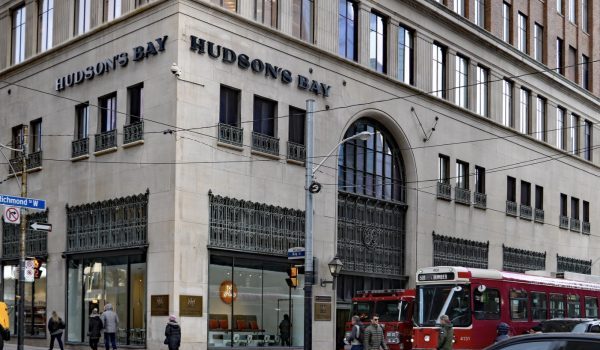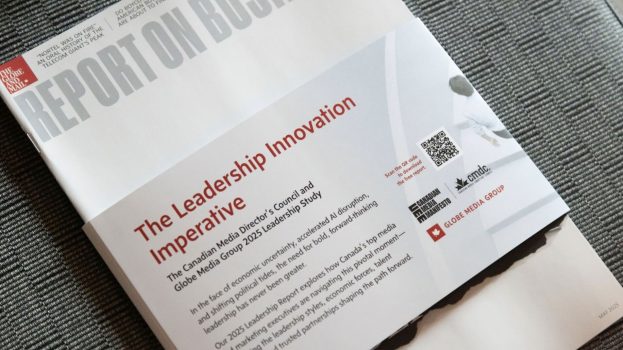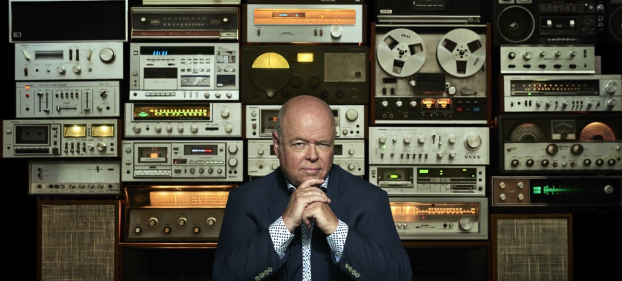Barbie has found a hero, and it’s an all-Canadian Patriot.
In what is being heralded as the first attempt to market co-branded personal computers to consumers, Toronto-based Patriot Computer Company has joined forces with El Segundo, Calif.-based Mattel to build customized Barbie and Hot Wheels-designed PCs loaded with a library of children’s software.
‘This PC is the first to really look like a true consumer product,’ says John Durst, Patriot’s vice-president of sales and marketing.
With the launch of the computers, Patriot hopes to lead the way in the marketing of consumer-branded PCs, while Mattel hopes to breathe new high-tech life into its iconic Barbie and Hot Wheels brands.
The machines will cost about $900 (US$599) and come bundled with software that would typically retail for more than $700 on its own.
Pointing to the incredible success of Apple’s multi-hued and simple-to-use iMac personal computer, Durst says he’s confident the Barbie and Hot Wheels PCs will find a lucrative market niche.
The computers, which are small in size, but not in power, include the latest processor, CD and storage technology and are styled to capture the essence of each Mattel brand. The Barbie PC is silver, with pink and purple floral accents, while the blue and gold Hot Wheels PC is emblazoned with the brand’s flame logo.
The announcement comes as Mattel is enjoying robust growth in software and CD-ROM sales through its Mattel Media subsidiary.
‘Everything we do on our software side is helping generate excitement on our traditional toy side,’ says Dana Henry, public relations director for Mattel, which also markets brands such as Fisher-Price and Tyco.
The company is rallying from a disappointing year, in which shipments of Barbie merchandise dropped 14%, largely owing to an effort by a number of large retail chains to pare down their inventory. Earlier this year, in a letter to shareholders, the company vowed to ‘put our core brands back in order.’
Henry says the company liked Patriot’s history of working with The Learning Company, a major educational software developer acquired by Mattel last December.
‘When Patriot approached Mattel with an opportunity to come out with an affordable PC for families, we were very interested,’ continues Henry. ‘Together, we came up with the concept, and now our goal is to make home computing more affordable. It just seemed like it was the right time.’
Patriot, a privately owned Canadian company, was formed in 1991 in the family basement by Durst, his twin brother Mark, who is the company’s president, and another partner. Now, with close to 200 employees, Patriot sells customized PCs directly to consumers, bypassing the traditional computer retailers it supplied until 1996.
Patriot has already moved into the children’s computer market with its flagship product Computers-4-Families, a PC bundled with a family-oriented software package.
‘We’re not just building family PCs for Mattel; we are also marketing and selling the machines as well,’ says Durst. ‘We can take advantage of the high-tech skills of Canadians to develop a strategy that makes sense to a large company like Mattel.’
Dennis Miller, executive vice-president of Miller Interactive – Patriot’s ad agency, and instigator of the co-branding strategy – says the wheels first started turning on the idea more than six months ago.
With Patriot’s expertise in marketing children’s computers and Mattel’s status as one of the best-known manufacturers of children’s toys in the world, Miller says it was a natural fit.
‘Mattel was top-of-mind right from the start,’ he says.
To promote the new branded computers, Patriot and Mattel are joining forces on a US$10 million advertising campaign that will launch Sept. 20. Nearly two-thirds of the budget will be spent on a series of 30-second television spots to run on family-oriented cable channels in Canada and the U.S.
Miller Interactive is also producing an extensive print campaign, consisting of freestanding and weekend flyers .
David Leibowitz, a toy industry analyst and managing director for Burnham Securities in New York, says the move furthers Mattel’s plan to sharpen its focus on new media-based toys.
‘The electronics revolution has clearly landed in the toy box,’ he says. ‘Essentially, Mattel is getting their brands into an arena that is far from the traditional toy business. There may be more of this sort of arrangement in the future, but it’s still early.’
Eric Johnson, a professor at Vanderbilt’s Owen School of Business in Nashville, Tenn., says the marriage of toy licensing and computers was inevitable.
‘As PC prices were getting lower, licensing was the next step,’ he says. ‘And with Barbie being such a powerful brand, I’m not surprised it was the first one. There is all kinds of potential for PC licensing. Licensed PCs can be real differentiators, and create value for the consumer.’























